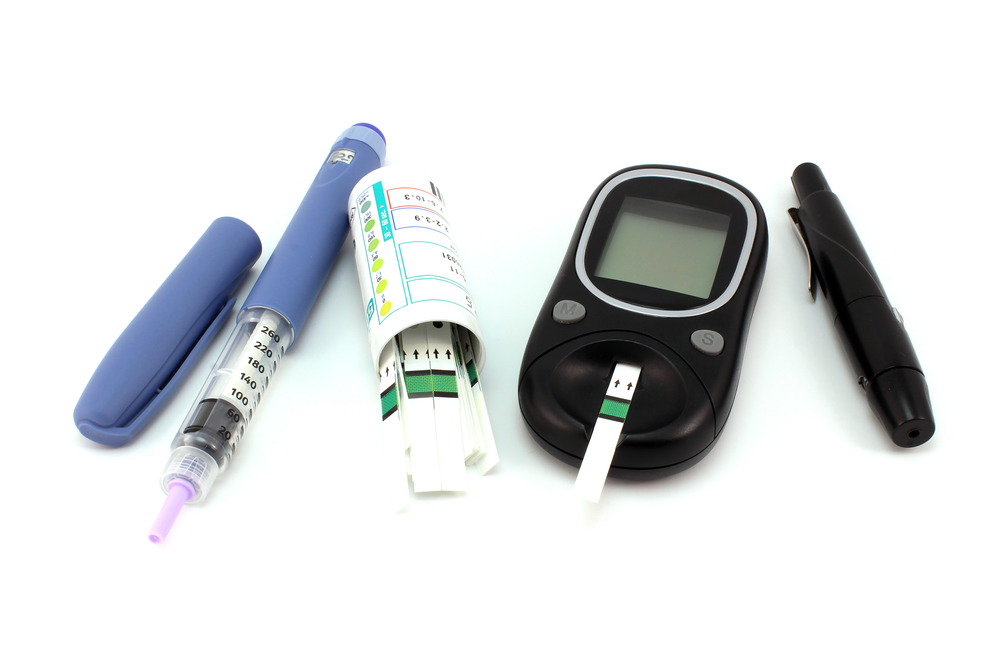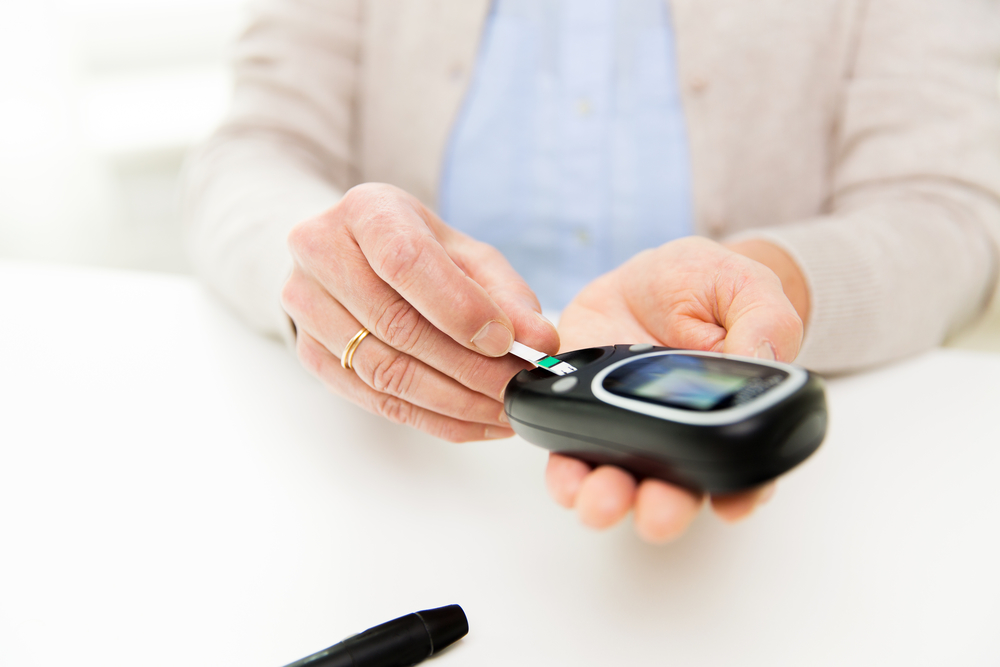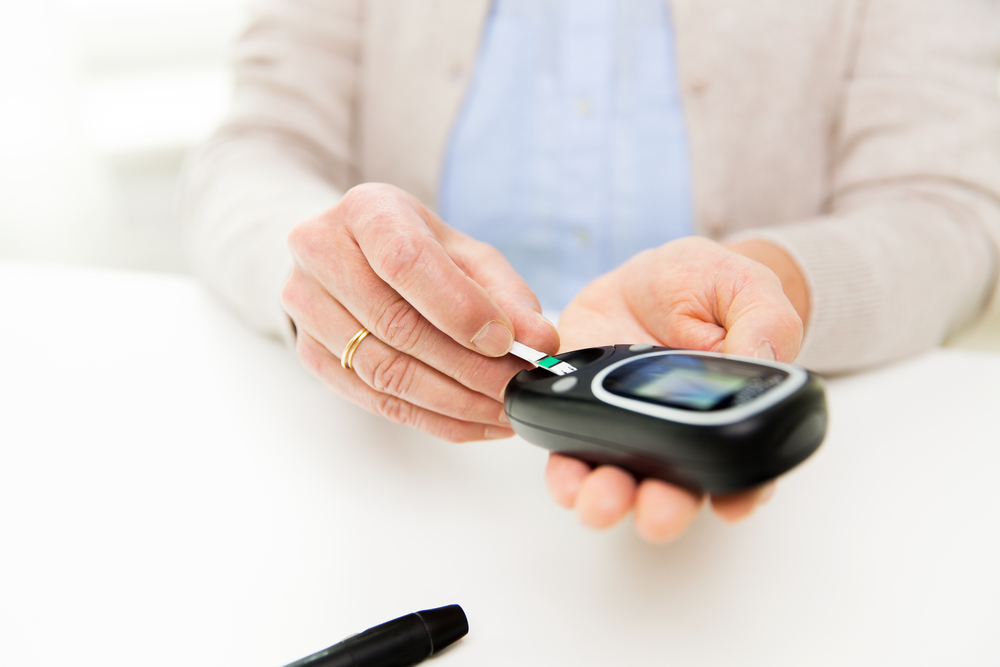Type I diabetes is an autoimmune disease that causes your body to destroy the cells in your pancreas that produce insulin. About 5% of the population has Type I diabetes, and for these people, medication isn’t optional. The treatment for Type I diabetes is to take prescription insulin shots on a regular basis.
Consequences of Insulin Rationing
Rationing insulin is the act of skipping insulin injections or not taking enough in order to prolong each dose. It’s a deadly gamble that many are forced to make due to skyrocketing costs. Missing your insulin treatments can lead to diabetic ketoacidosis, which occurs when your blood sugar gets so high that your blood becomes acidic, your cells dehydrate, and your body stops functioning.
How Diabetics Handle The Burden
Unlike many other medications, there is no generic brand of insulin, and prices have continued to rise with no end in sight. The cost of insulin puts the lifesaving hormone out of reach for some, and has left others scrambling for solutions to pay for it. While there are assistance programs and subsidies for some, others seem to fall between the cracks. Insulin rationing was born from the need for the medication and a lack of access to it. A recent study showed that 1 in 4 Diabetics has resorted to rationing their insulin. Others attempt to restrict their carbohydrate intake, reuse blood glucose strips, or stop testing altogether.
Pro Tip: Insulin rationing is a dangerous gamble with your health that could lead to diabetic ketoacidosis.
A Life-Saving Solution
Rationing insulin is a dangerous solution to the problem and one that should not be attempted. PHC is a community-driven nonprofit clinic that has developed a program to help those suffering from diabetes, including free exercise and fitness programs, deeply discounted medications and more.
Don’t Gamble With Your Health
100 years ago, a diabetes diagnosis was virtually a death sentence. Insulin was considered a miracle when it was discovered in 1921, but just in the last 6 years prices have more than doubled, making insulin seem out of reach. Don’t make a dangerous gamble with your health.
Contact Us to learn more about our Diabetes assistance program, or to make an appointment with our endocrinologist.




